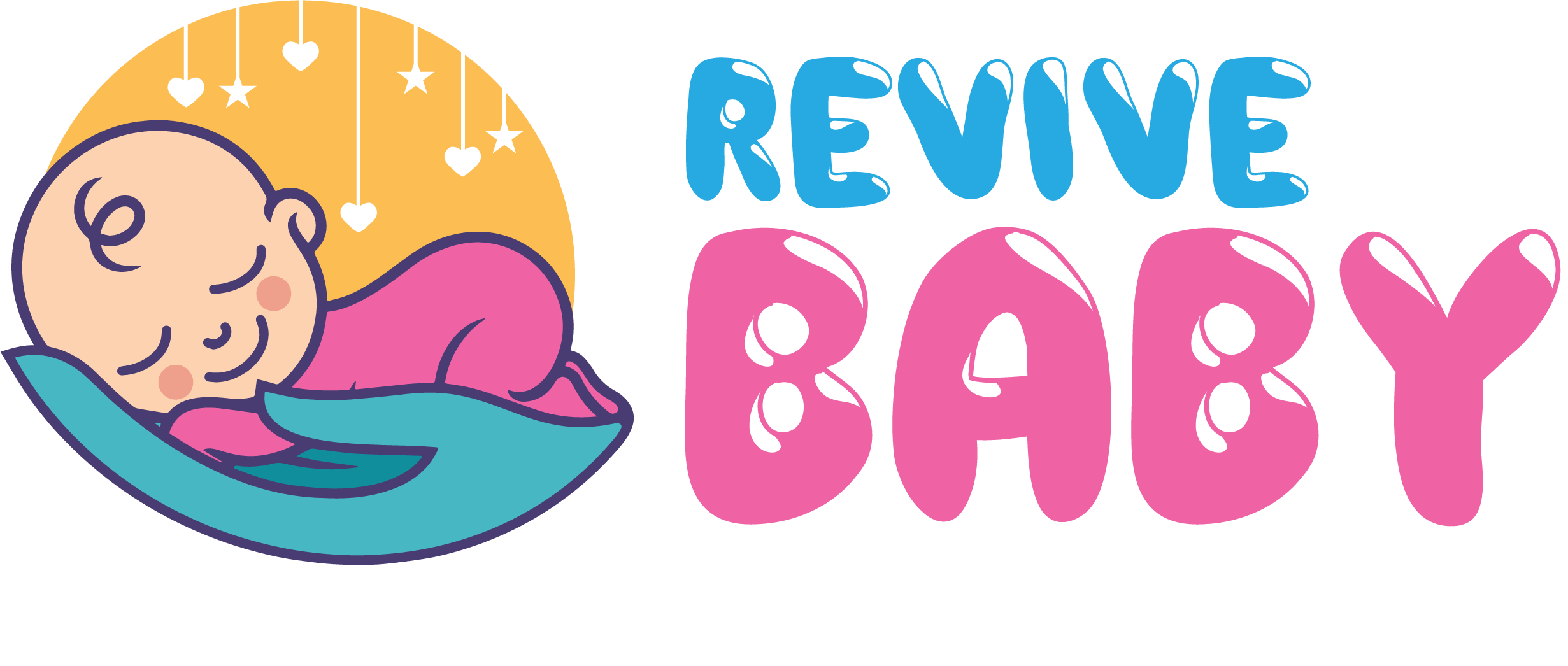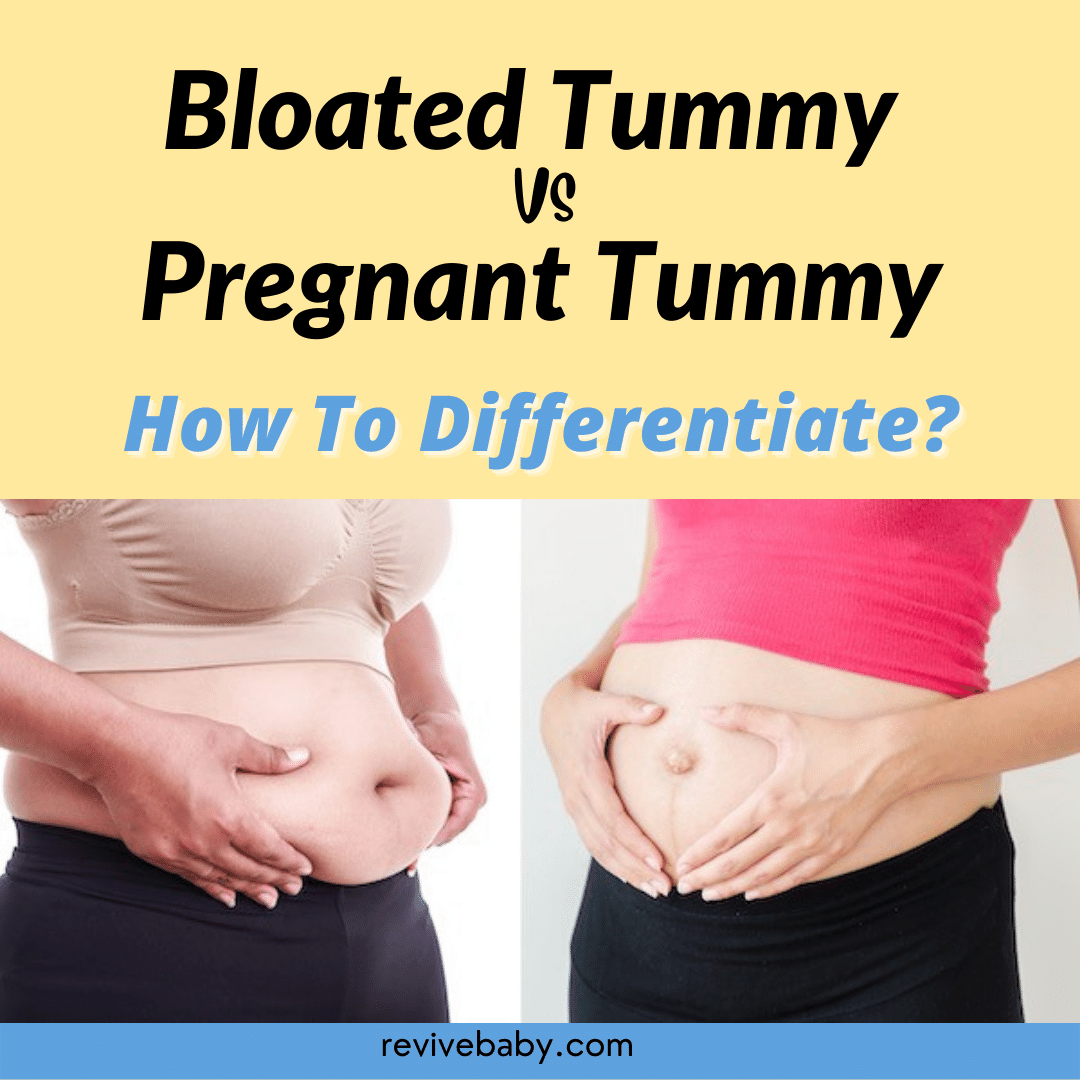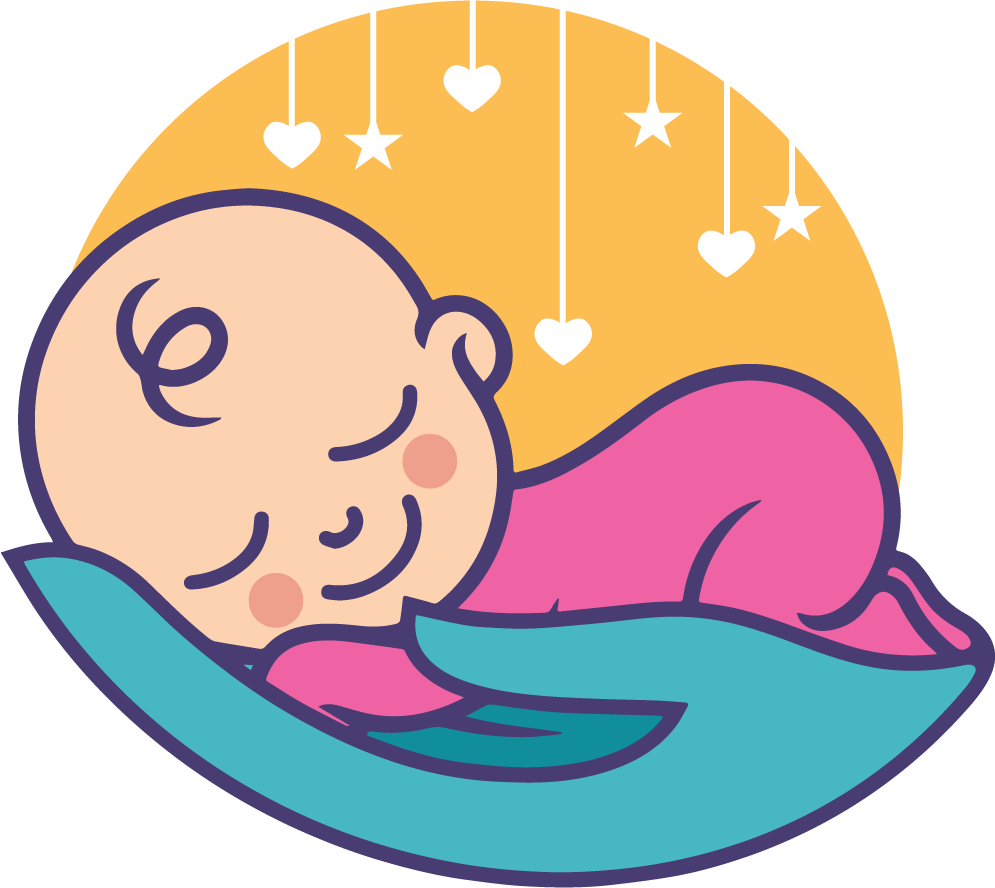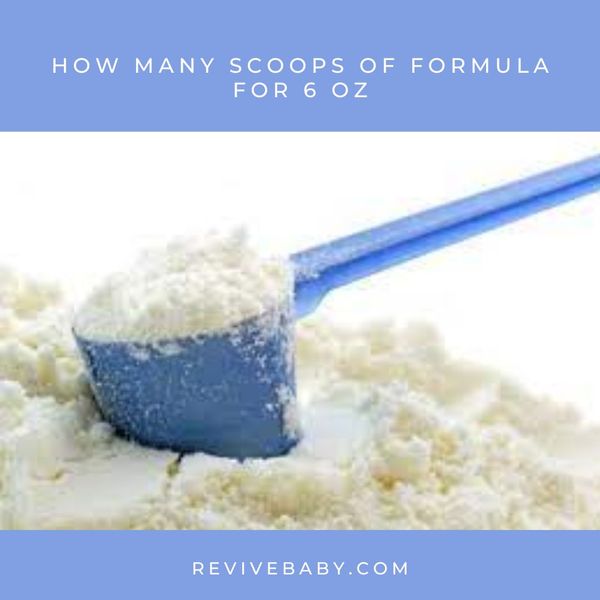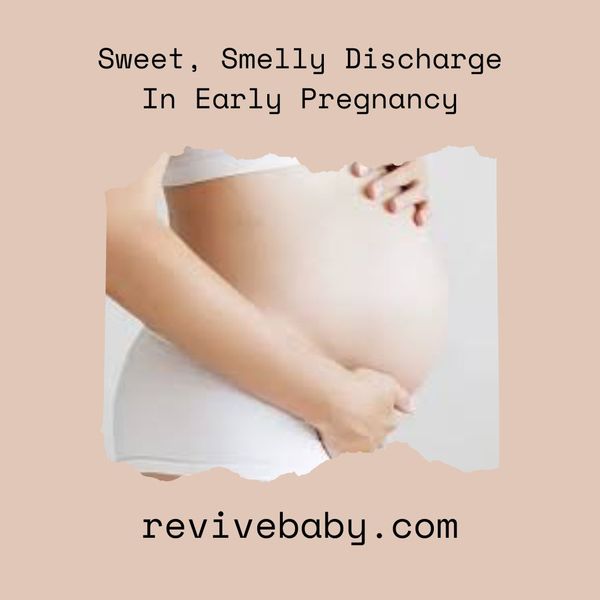Bloating and pregnancy share several symptoms, making it difficult to distinguish between them. In addition, it may be difficult for ladies prone to bloating to tell the difference.
If this is your first pregnancy, bloating may send shivers up your spine because you have no idea what it is or how to distinguish it.
There are two causes of bloating, it may be during pregnancy or it may cause by overeating, continuous eating without intervals, etc. Let's find it out in detail.

What Is Pregnancy Bloating?
Bloating during pregnancy is caused by water retention in your body, which gives you that swollen look. It usually starts around week 12 of your pregnancy and may last until your baby's birth (or even after). If you're carrying twins or triplets, expect more bloating early in your pregnancy since more babies are taking up space in your uterus than usual. The good news is that most women will start feeling less bloated as they approach their third trimester because their growing babies take up less room inside their mother's tummy.
Feeling Of Bloated Is Common During Pregnancy
The feeling of being bloated is a common occurrence for women during pregnancy. Bloating is caused by fluid retention, which happens when your body holds on to more water than usual.
This increased fluid retention can cause swelling in the hands, feet, and face. It also causes your abdomen to look larger than normal.
The main reason behind fluid retention during pregnancy is hormones called relaxin and progesterone. These hormones loosen up the ligaments that support your pelvis, causing it to become unstable. This makes it easier for you to give birth but also causes bloating during pregnancy.
What Are the Causes of Pregnancy Bloating?
Pregnancy bloating can be caused by several things, including:
Water retention. As your uterus grows and expands to accommodate your growing baby(ies), it will cause fluid buildup throughout your body — including in places like your ankles, hands, and face. This increase in fluid causes an increase in pressure against the walls of veins and arteries, which results in swelling and puffiness of the face. Many women also experience a few pounds of weight gain during pregnancy due to water retention, so if you notice an increase in bloating during this time, it could be due to both reasons!
Hormonal changes. During pregnancy, hormones like progesterone and estrogen start working overtime. These hormones help prepare your body for childbirth but can also cause bloating by relaxing muscles around your digestive tract (which normally helps move food through). In addition, increased blood volume from all the extra blood flow to your uterus may cause mild swelling.
Extra fluid accumulation. The placenta produces human chorionic gonadotropin (hCG), a hormone that helps maintain the uterus lining to support a developing baby. Your body produces hCG throughout pregnancy and after childbirth until it stops producing milk for breastfeeding. This hormone causes fluid retention in the body, which causes swelling in some women — especially those who don't drink enough fluids daily or who have developed gestational diabetes (diabetes that occurs during pregnancy).
Pressure on the abdomen. When you're pregnant, the weight of your growing fetus puts pressure on your pelvic region and surrounding organs — including your stomach. This can cause bloating, which may feel tight or full in your abdomen. Bloating during pregnancy is most common in the second and third trimesters.
Distension of the bowels. Another possible cause of bloating is the distension of your bowels, which means they're stretched out and filled with gas. This can happen if you have diarrhea or constipation (or both). It's also more common in the second and third trimesters because your uterus presses up against your intestines and stomach.
Usual Bloating Symptoms Without Pregnancy
Too much greasy or unhealthy food can cause bloating due to increased gas in the digestive tract. In addition, menstruation can cause fluid to accumulate in the body, both of which can increase the circumference of the abdomen. Our outmoded dietary habits cause this illness, but we can easily change this.
Several of the following are causes of abdominal distention.
- Overeating causes the stomach to swell and stretch, causing discomfort and abdominal distention.
- Bloating may result from continuous eating without breaks.
- As waste accumulates in the intestines, constipation causes abdominal swelling.
- Bloating is a temporary side effect of alcohol-induced stomach lining inflammation.
- Bloating is most easily identified by a distended stomach and abdomen.
These are the most well-known and widely used abdominal distention relief methods:
- Avoid unhealthy foods if you want to prevent bloating and gas.
- You should avoid cold and carbonated beverages because they can cause severe bloating.
- To avoid fluid retention, chew your food thoroughly and eat slowly.


Difference Between Bloating and Pregnancy
A lot of women tend to experience bloating during pregnancy. This condition is not normal and should be treated as soon as possible. It is not dangerous for your baby but can make you uncomfortable due to the swelling of the abdomen. Bloating is caused by water retention due to hormonal changes during pregnancy.
The following are some differences between bloating and pregnancy:
- Bloating affects all pregnant women, but only a few are affected by pregnancy symptoms like morning sickness, fatigue, etc.
- Bloats generally cause pain or discomfort, whereas pregnancy symptoms do not cause any pain or discomfort at all!
- Pregnant women have a good sense of smell and taste, whereas bloating does not affect it in any way!
- Bloats can be caused by drinking too much water, which may lead to dehydration, whereas hormonal changes during pregnancy cause nausea and vomiting.
- The duration of bloating varies from person to person and can be short-term or long-term, depending on the cause of bloating. Some people may experience bloating for a few days, while others may experience it for months together! On the other hand, pregnancy symptoms last for only nine months.
- Bloats generally cause pain or discomfort, whereas pregnancy symptoms do not cause any kind of pain or discomfort at all!
- You can easily get rid off bloating by drinking plenty of water and staying hydrated throughout the day. However, it is much more difficult to get rid of pregnancy symptoms like morning sickness, and fatigue as these will go away only a few weeks after giving birth to your baby!
Symptoms Of Bloating During Pregnancy
In pregnancy, bloating may occur because of hormonal changes in your body. The symptoms of bloating during early pregnancy include:
- Increased appetite
- Nausea and vomiting
- Excessive belching or flatulence
- Constipation
- Gas
- Diarrhea
- Hormonal changes
- Excess salt intake
- Caffeine and alcohol consumption
If you suspect your symptoms are more than bloating, consult your doctor. Your doctor can help determine your discomfort's cause and offer relief solutions.
Bloating Vs. Early Pregnancy Baby Bump
After eating, the tummy may swell and feel uncomfortable. If you wake up hungry, but your stomach is flat and haven't bloated overnight, you're probably not pregnant.
If your belly sinks in while lying flat on your stomach on the floor or bed, you have bloat and are not pregnant.
If you're not sure if you're pregnant, you should get tested. A favorable outcome is possible. You can feel the baby bump by rolling on your stomach, which you must try to have an idea of.
As consistent as the sensation of sleeping on a small hardball, you can do this while sitting on your bed.
The discomfort will most likely be worse at first, but you will quickly get used to feeling the baby bulge while going about your daily activities.
It's exciting for a woman to feel her baby bulge for the first time.
You can also check for bloating by pressing your stomach with your fingers; if it sags like a stress ball, you most likely have gas.
However, you are most likely pregnant if you can feel your tummy pushing back like a hardball.
There are symptoms of morning sickness during pregnancy, which usually go away after a few days.
You must be curious to know how long can you lay on your back when pregnant. You should be aware of every aspect of laying and holding your baby. So that you can read us here in detail.

Conclusion
Constant abdominal distension is a common occurrence. Constipation and poor eating habits are two of the most common causes. Furthermore, fluctuating hormone levels during pregnancy may affect the condition.
Other pregnancy symptoms may help someone determine whether their bloating is caused by food or pregnancy. The menstrual cycle, however, is not the only cause of cyclical hormone changes.
Only a pregnancy test and a trip to the doctor can determine whether or not a person is bloated due to pregnancy. Keep a check for the symptoms listed above so that you can determine your condition and act accordingly.
